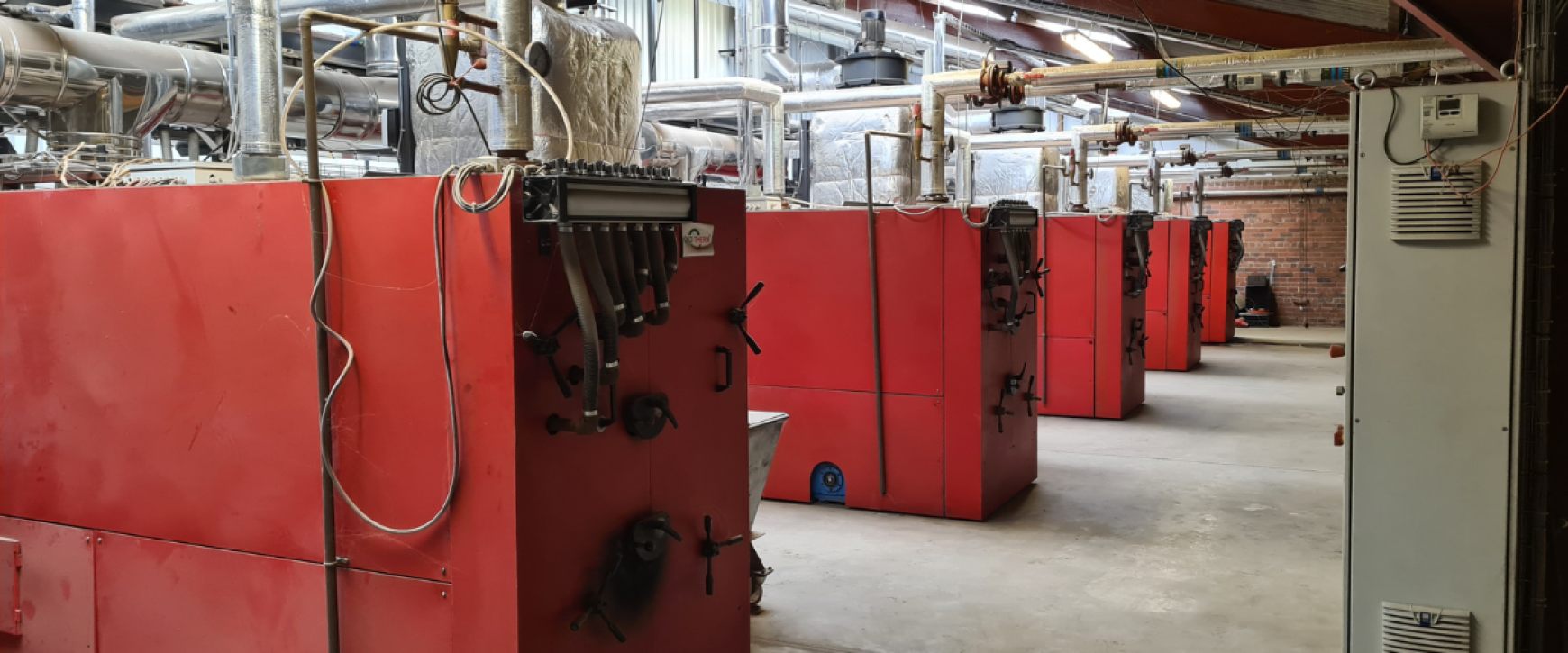In the constantly changing landscape of renewable energy and environmental regulations, it's crucial for energy producers to stay updated on the latest requirements. One such set of regulations that impacts plant replacement in the UK is the Medium Combustion Plant Directive (MCPD). This directive, enforced by the Environment Agency (EA), aims to control emissions from combustion plants, ensuring cleaner and more sustainable energy generation. In this blog post, we will delve into the MCPD regulations and explore how they apply to replacement plants.
MCPD and Replacement Plants
If you're considering replacing an existing plant that holds accreditation under schemes like the Renewable Heat Incentive (RHI), Renewable Obligation Certificates (ROC), or Feed-in Tariffs (FiT), there are certain environmental permit requirements you need to be aware of:
1. MCPD Permit for Plants Over 1 MWth Input
Medium Combustion Plants (MCP) are combustion plants with an input capacity exceeding 1 MWth and are required to obtain an MCPD permit from the EA before commissioning. This typically affects boilers with a capacity of 850 kW and above and must be regulated to monitor harmful environmental emissions.
2. Combined Heat and Power (CHP) Engines
If your facility utilises one or more Combined Heat and Power (CHP) engines, their regulatory compliance aggregates their capacity. The total capacity of all on-site CHP engines should be calculated to determine if your facility meets Specific Generator regulations. It is critical to remember that a 450 kWe engine may actually be over 1 MWth input, which also makes it an MCP. This may result in the engine requiring to comply with permitting requirements sooner than expected.
3. Replacing CHPs with Agreements or Accreditations
CHPs with capacity market agreements or FiT accreditations obtained prior to October 2016 are considered to be Tranche A generators, which are existing plants and do not require permitting until January 2029. However, their existing status will be lost if they are entirely replaced; now to be considered a new installation. This means that they will need to meet the current MCPD requirements applicable to new plants.
4. Partial Replacements
For plants undergoing partial replacements where the total cost of works is less than 50% of that of a completely new plant, the existing plant can maintain its existing status and capacity related MCPD deadline. This provision offers some flexibility for plant operators and allows them to downgrade their installed capacity if required; thus, pushing back their compliance deadline if recommissioning as <5 MWth input.
5. Existing Plants Over 5 MWth Input
Existing combustion plants with an input capacity exceeding 5 MWth must apply for a permit by either 30 September 2023 (for low-risk permits) or 01 November 2023 (if an air quality assessment is required). This is crucial to ensure compliance with MCPD Phase 2 regulatory requirements if a permit is not already in place in order to operate legally after 01/01/2024.
6. Existing Plants Under 5 MWth Input
For existing plants with an input capacity of less than 5 MWth, but more than 1 MWth, the deadline to apply for an MCPD permit is 01 January 2029. It's essential to plan ahead and ensure timely compliance. Boilers operating on virgin, gas, or liquid fuels that are under 1 MWth input are exempt from MCPD permitting, however some engines and generators may require a standard rule permit with the Environment Agency.
In conclusion, understanding the MCPD and its implications for replacement plants is vital for energy producers looking to maintain environmental compliance. Whether you're considering a complete replacement or partial upgrades, navigating these regulations can be complex. Therefore, it's advisable to work closely with regulatory authorities and seek expert guidance from NFU Energy to ensure a smooth transition while adhering to environmental standards.
Give the team a call on 024 7669 6512 for support in every step of this journey.


